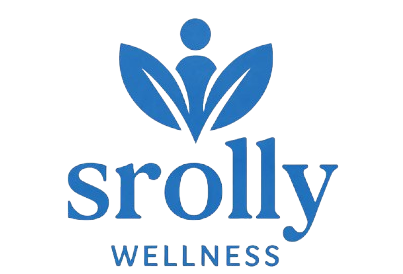Having spent years in the world of fitness, I have repeatedly asked myself one question: Does protein timing actually make a difference for muscle gain? What I’m about to share is based on my own experiences, some scientific literature, and some actionable tips so you can decide what works best for you.
Understanding Protein Timing
Protein timing is the timing of protein intake in relation to your exercise for optimal muscle protein synthesis (MPS). It relies on the notion of the “anabolic window,” a time after exercise when your muscles are ready to use nutrients for building and repairing muscle.
Sources referenced:
Bulk Nutrients
Healthline
Verywell Health
My Early Misconceptions
Back in my early days of fitness, I was strict about having a protein shake right after workouts, lest any delay would undermine my gains. This was based on the common belief that the anabolic window was tight, only 30 minutes after exercise.
But as I read more about nutrition science, I learned that this window may be more forgiving than we used to believe.
What the Science Says
Recent evidence has undermined the precise timing of protein consumption:
- A systematic review published in the Journal of the International Society of Sports Nutrition concluded that daily overall protein consumption was more important for muscle growth than precise timing.
(PMC) - Healthline reports that while protein consumed 15–60 minutes after exercise is good, the effectiveness window may last up to two hours after exercise.
(Healthline) - The Mayo Clinic continues to highlight the fact that despite sufficient protein intake being crucial, the body does not store more protein, and muscle development occurs mostly through resistance training, but not merely because of protein intake.
(Mayo Clinic Health System)
My New Strategy
Using this information, I changed my routine:
Pre-Workout: I provide a balanced mix of protein and carbohydrates 1–2 hours prior to the workout.
Post-Workout: Rather than grabbing a shake, I concentrate on eating a protein meal within two hours after exercise.
(Mayo Clinic)
This strategy not only streamlined my routine but also fell in line with sustainable eating.
Practical Tips for Protein Intake
- Distribute Protein Evenly: Try to maintain consistent protein consumption throughout the day.
- Quality Matters: Choose high-quality protein sources such as lean meats, dairy, legumes, and nuts.
- Listen to Your Body: Pay attention to how various timing tactics impact your energy and recovery.
Frequently Asked Questions
Q: Do I need to eat protein right after a workout?
A: While helpful, it’s not necessary. Eating protein within two hours after exercise is usually sufficient.
Q: Can I get by on protein supplements alone?
A: Supplements can contribute to protein requirements but shouldn’t be used as a complete substitute for whole foods.
(talkSPORT)
Q: How much protein should I consume daily?
A: Varies, but a standard rule is 1.2–2.0 grams per kilogram of body weight, depending on activity level.
(SELF)
Conclusion for Does Protein Timing Matter for Muscle Gain?
By experience and scientific research, I’ve come to know that though the timing of protein has its utility, it’s not the only factor responsible for muscle building. The key is total daily protein consumption, quality foods, and steady resistance training.
(PMC)
About the Author
I’m a health and fitness aficionado with an interest in science-based nutrition. Throughout the years, I’ve successfully blended empirical testing with scientific research to maximize my performance and well-being.

